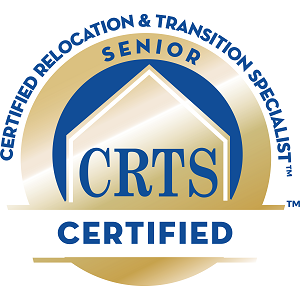Many people fantasize about financing a good chunk of their retirement by selling their current home, buying a smaller place and investing the difference for income. In reality, however, they often reap far less profit than they might have hoped.
Done right, downsizing can still be a good idea. You might not only walk away with more money, but also simplify your life and reduce your home-maintenance and utility costs for years to come. To reach that happy outcome, you need to steer around the unexpected pitfalls that make downsizing so dicey. Here are four traps that await downsizers, with ways to avoid each.
